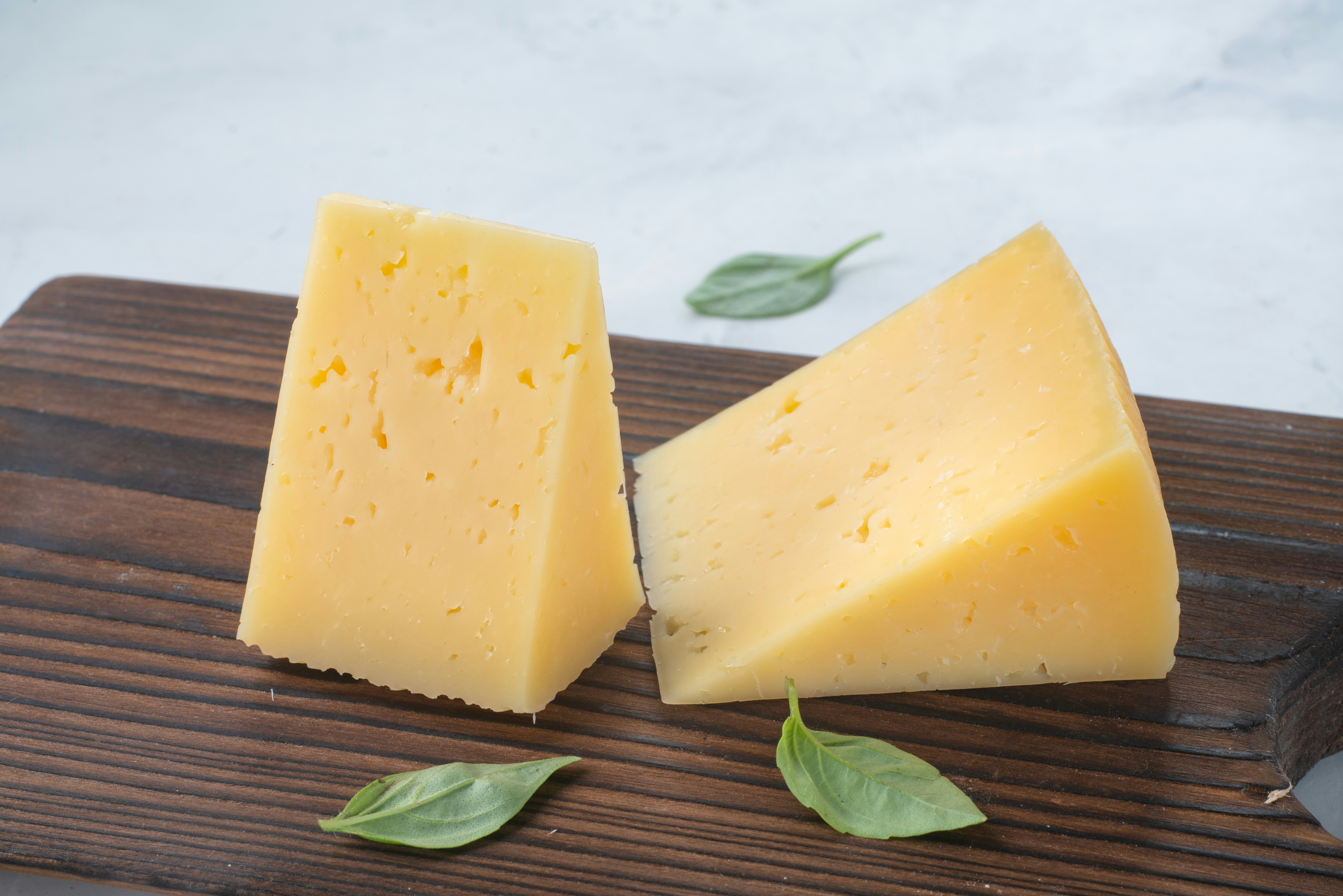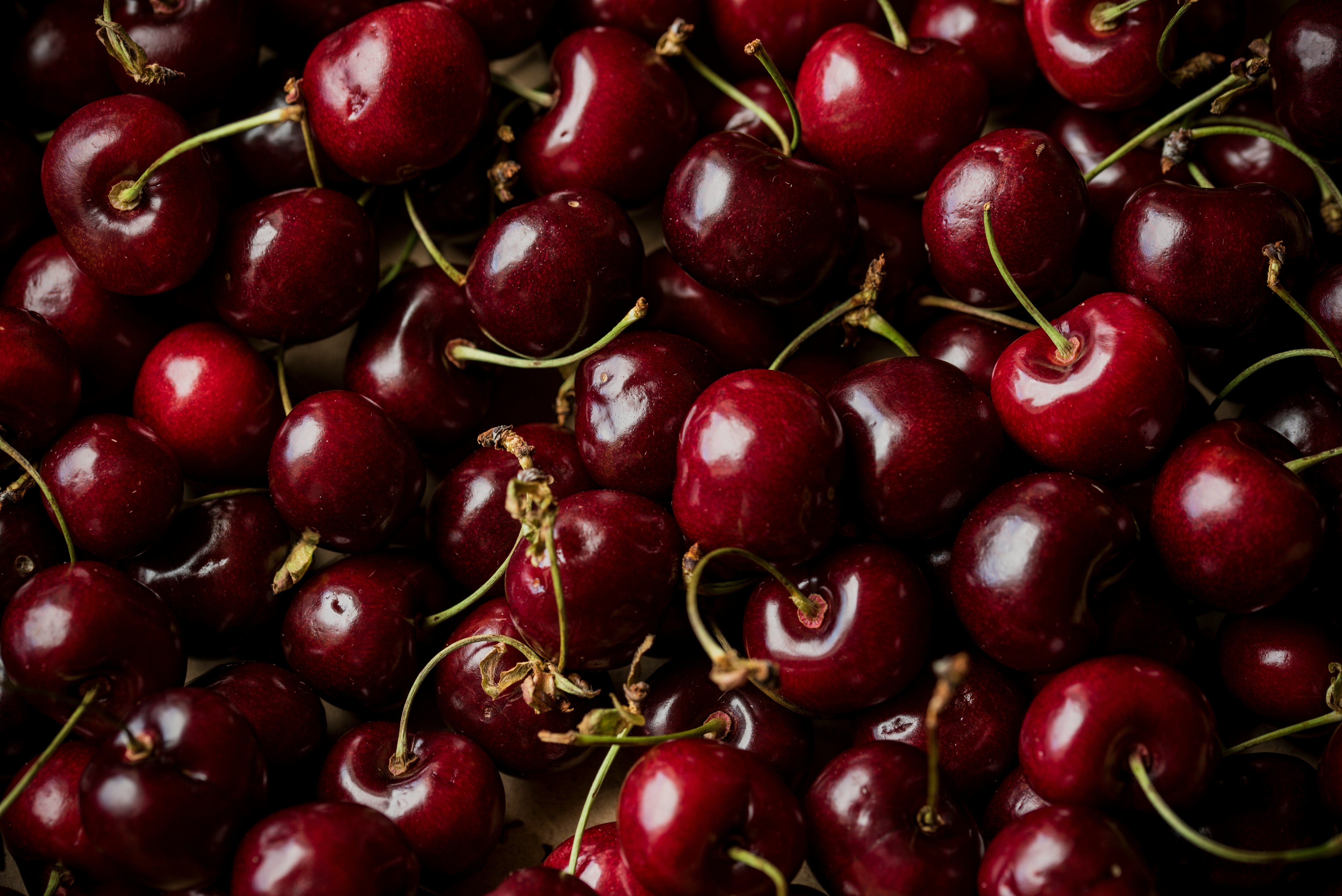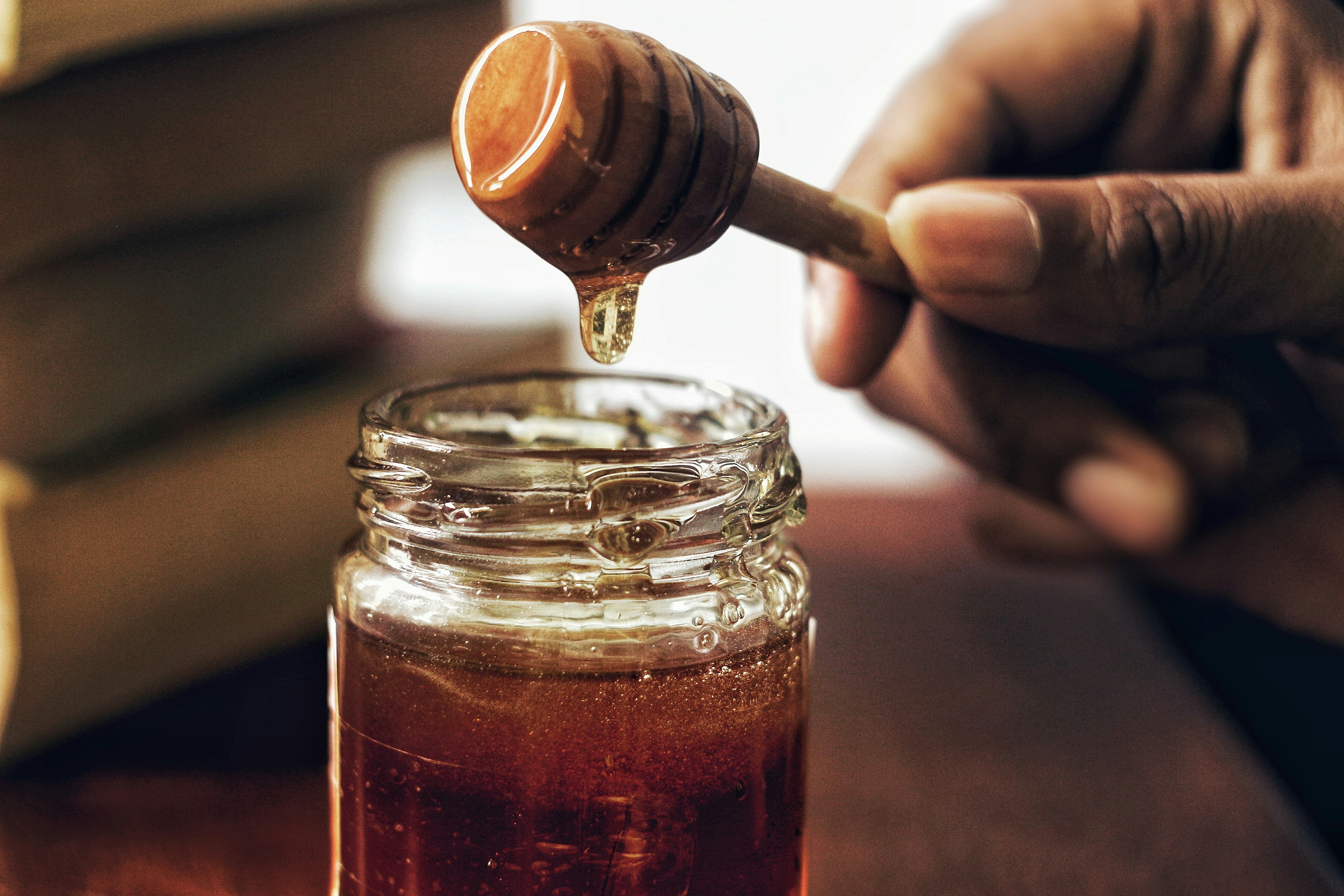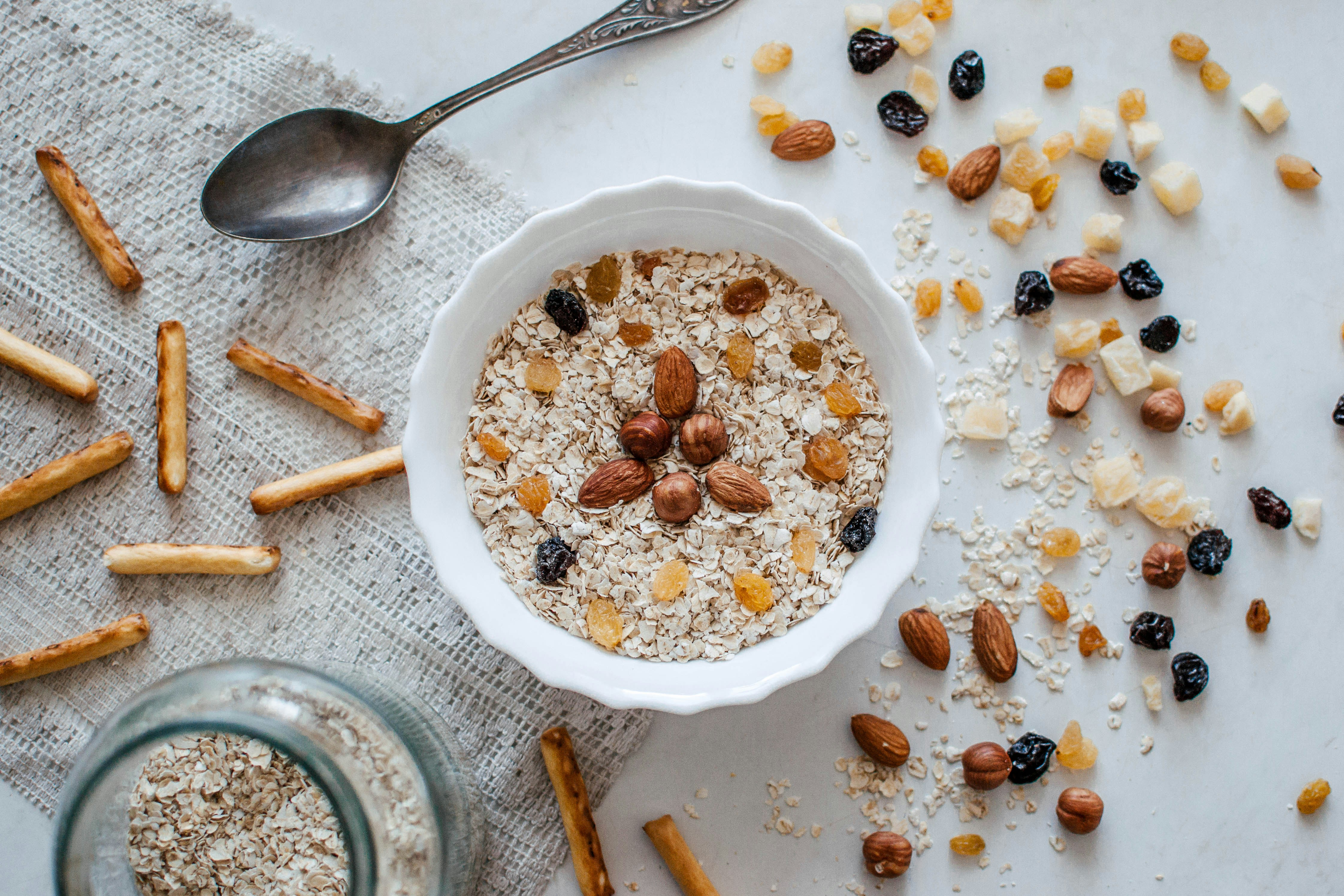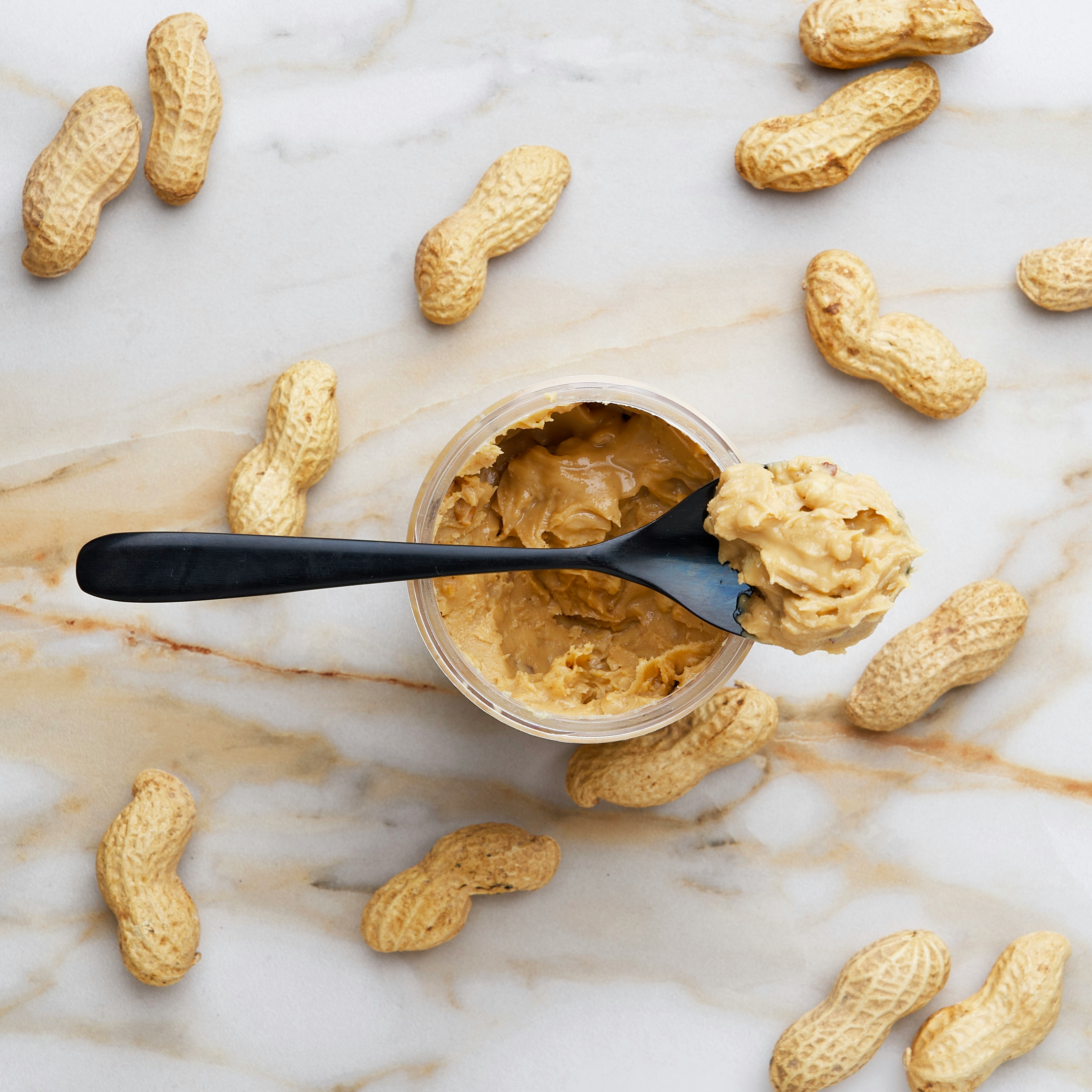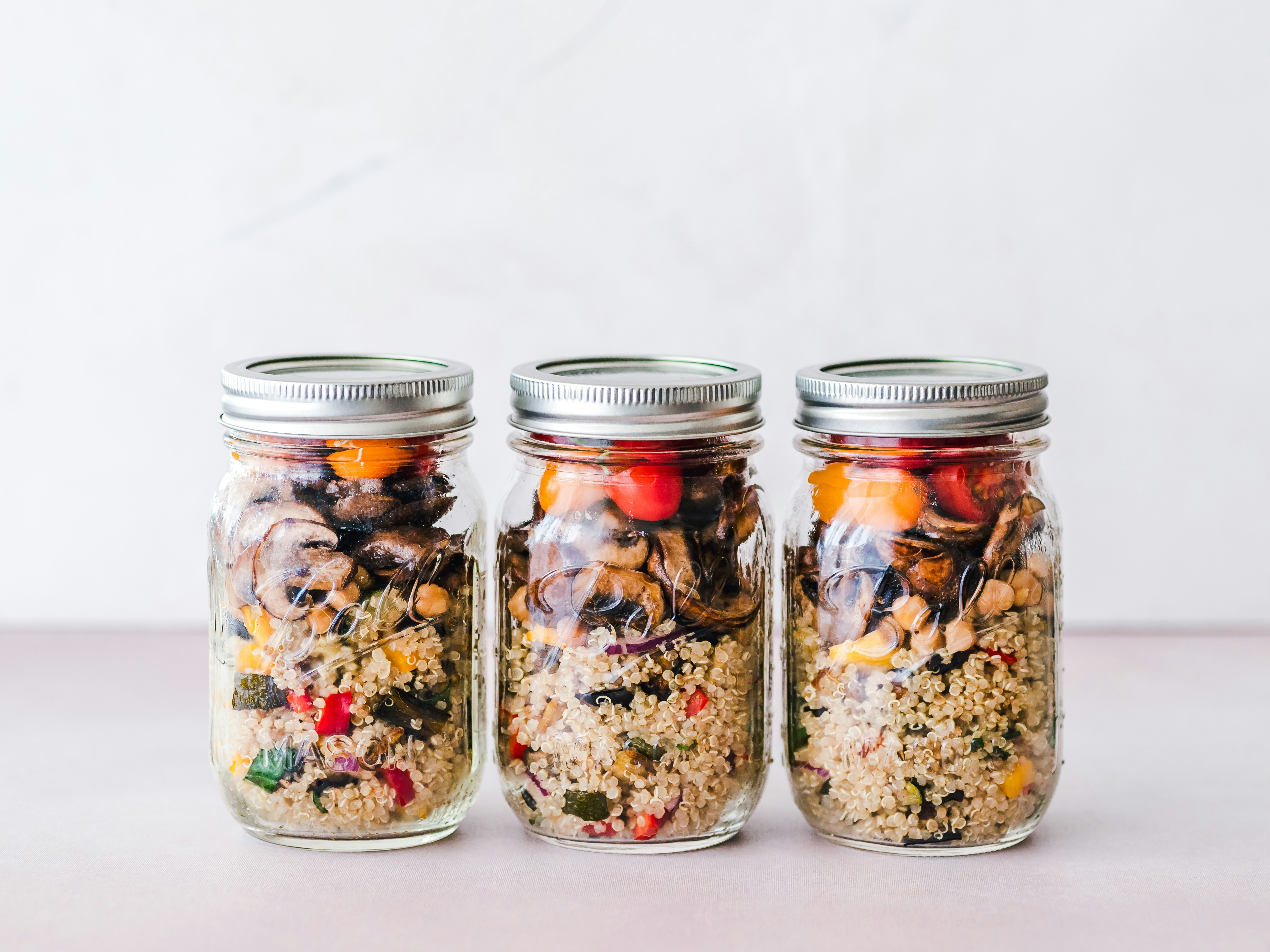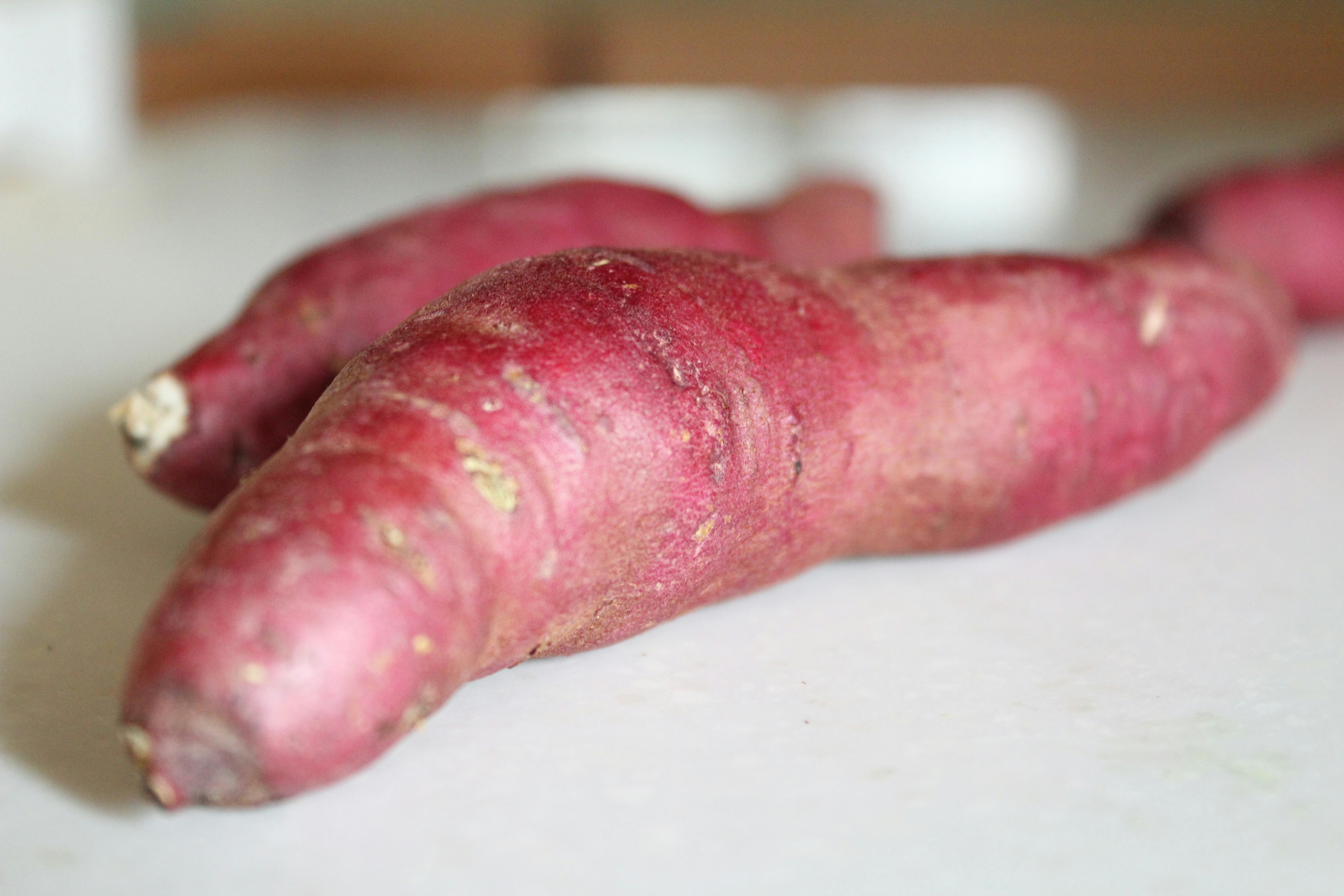
Apple
fruitsApples are nutritious tree fruits with a low glycemic index of 36, making them generally suitable for diabetics when eaten whole and in moderation. Their high fiber content (4.4g per medium apple) helps slow glucose absorption, though individual responses vary significantly, with some people experiencing minimal impact while others see spikes of 50+ mg/dL.

